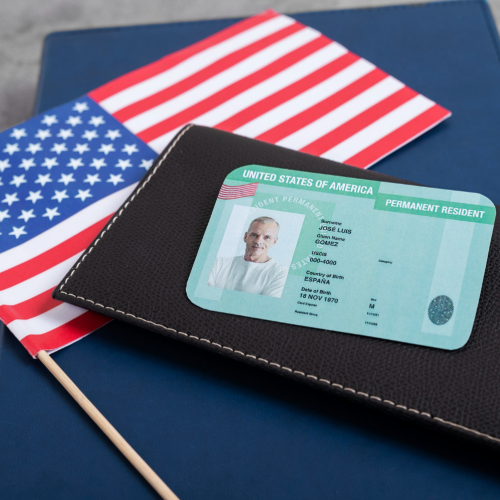If you want to build credit young in the United States, living in the beginning of your financial journey, one of the most important things you can do for yourself is to start building a good history. This can open doors to loans, financing, and even better terms on credit cards. But how do you do it from scratch?
Don’t worry, it’s not as difficult as it seems. With a few simple and consistent actions, you can build a solid foundation that will benefit you for many years to come.
What Is Credit and Why Is It So Important?
First of all, let’s understand what credit is. Think of it as a grade or an evaluation of your financial responsibility. When you apply for a loan or a credit card, lenders look at your credit history to see how trustworthy you are at paying your debts.
This evaluation, or credit score, is what determines whether you will be approved for a car loan, a student loan, a mortgage, or even if you can rent an apartment.
A high score means you are a reliable payer, which gives you access to lower interest rates and better terms. A low score, on the other hand, can close many doors and make everything more expensive.
The First Steps to Build Credit Young
Building credit without having any credit can seem like a challenge, but the truth is that everyone starts somewhere. Here are some practical tips to begin your journey:
1. Understand Your First Credit Card
For most people, the first step to building credit is getting a credit card. But for those with no history, getting approved can be a challenge.
Some of the first options include models like the Secured Credit Card. This is the best option for beginners. You deposit a sum of money, which becomes your credit limit. If you deposit $300, your limit will be $300. Most importantly, these cards report your payments to the credit bureaus, helping you build your history.
Or, there is the Student Credit Card. If you are a college student, many banks offer specific credit cards for students with more flexible requirements. The fees and limits are usually more modest, but they are a great way to start building credit while you study.
You can also become an Authorized User. If a family member with a good credit history (like your parents or a guardian) is willing to add you to one of their cards, this can be a shortcut. You will receive a card with your name on it, and the payment history of the primary account will be reported in your name.
2. The Secret Is to Pay On Time
The most important tip of all is: pay your bills on time. Payment timeliness is the single biggest factor in your credit score. Your payments are reported to the credit bureaus (Equifax, Experian, and TransUnion), and every late payment can cause significant damage.
A good practice is to set up automatic payments for the due date. This way, you avoid the risk of forgetting. And if you have more than one card or loan, use a spreadsheet or a finance app to keep everything organized.
3. Keep Your Credit Utilization Low
Credit utilization is the percentage of your credit limit that you are using. For example, if your limit is $500 and you have spent $100, your utilization is 20%.
Keeping this percentage low is a sign that you are not “dependent” on credit, which is viewed positively by the agencies. Try to keep your credit utilization below 30%, or ideally, below 10%. This shows that you know how to manage your finances well.
A good strategy is to use your credit card for small everyday purchases and pay the full balance at the end of the month, before the due date. This helps you build credit without accumulating debt.
4. Build a Long-Term History
The length of your credit history is also an important factor. The longer you have active credit accounts in good standing, the better. This is why you should think carefully before canceling an old credit card, even if you don’t use it anymore. The age of your account can help improve your score.
5. Check Your Credit History Regularly
It is crucial that you monitor your credit history to ensure the information is correct. In the U.S., you are entitled to one free credit report from each of the three major bureaus annually through the website AnnualCreditReport.com. Checking your history allows you to identify and correct any potential errors that could be hurting your score.
Building credit is a long-term investment. The secret is to be patient, consistent, and responsible. Start slow, pay your bills on time, and you will be on the right path to a more solid financial future.
you’ll be redirected to the institution’s site
All information in this and other US PIXIN articles is subject to change over time. Please check for updates directly with the institutions and companies mentioned. Approval is subject to the institution’s review.
REFERENCES:
Read more about finances in https://us.pixin.com.br/category/blog




